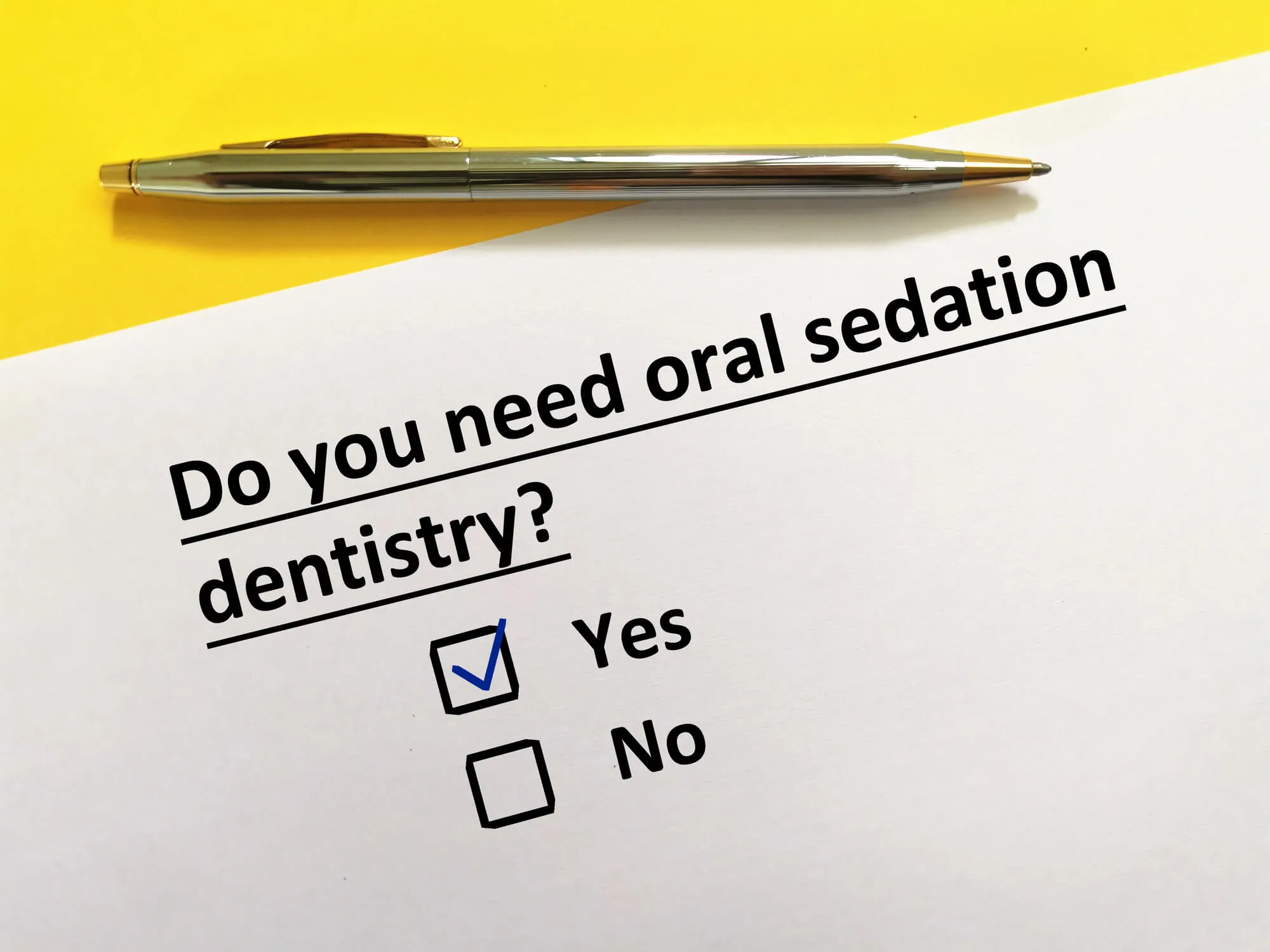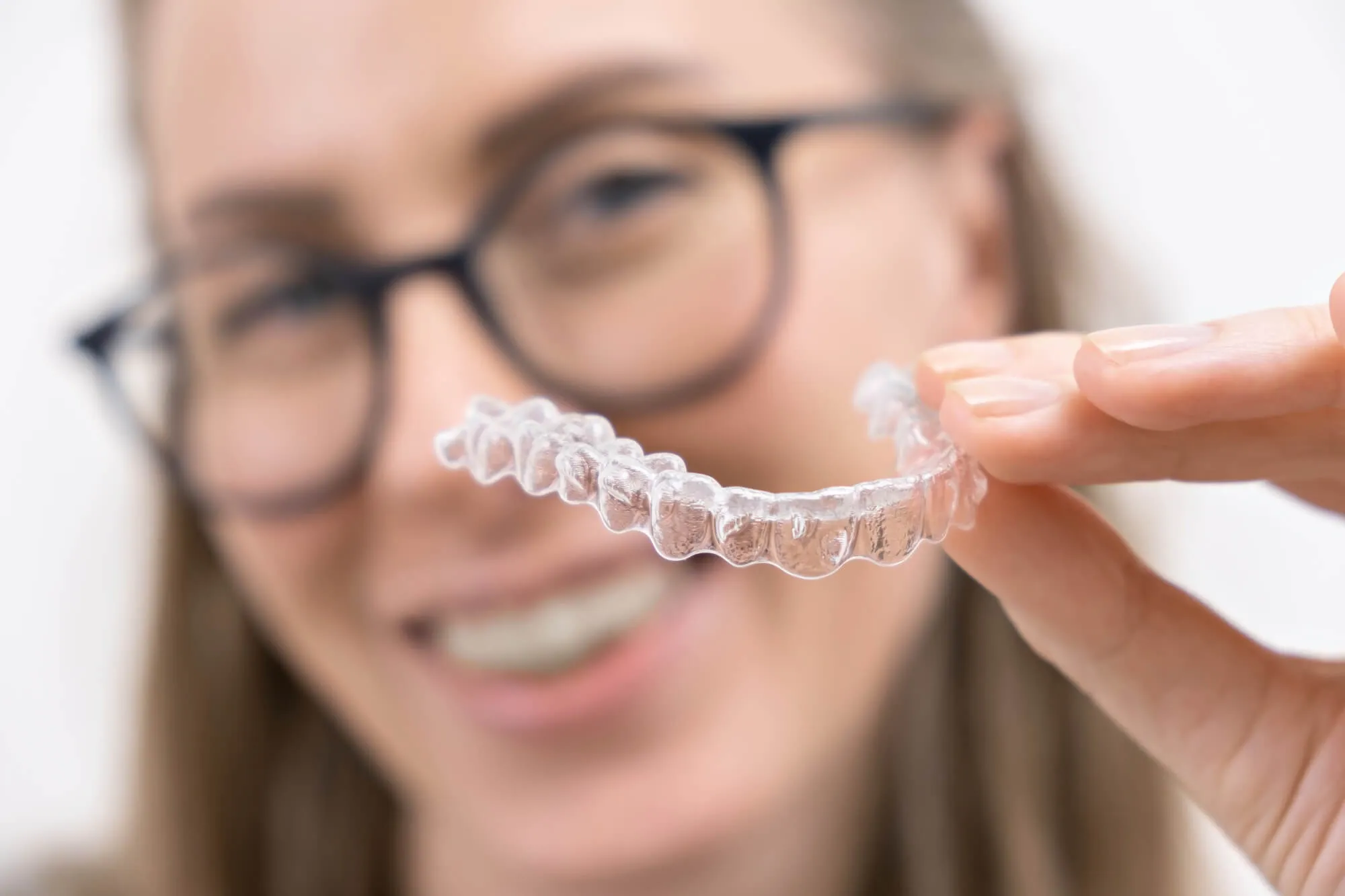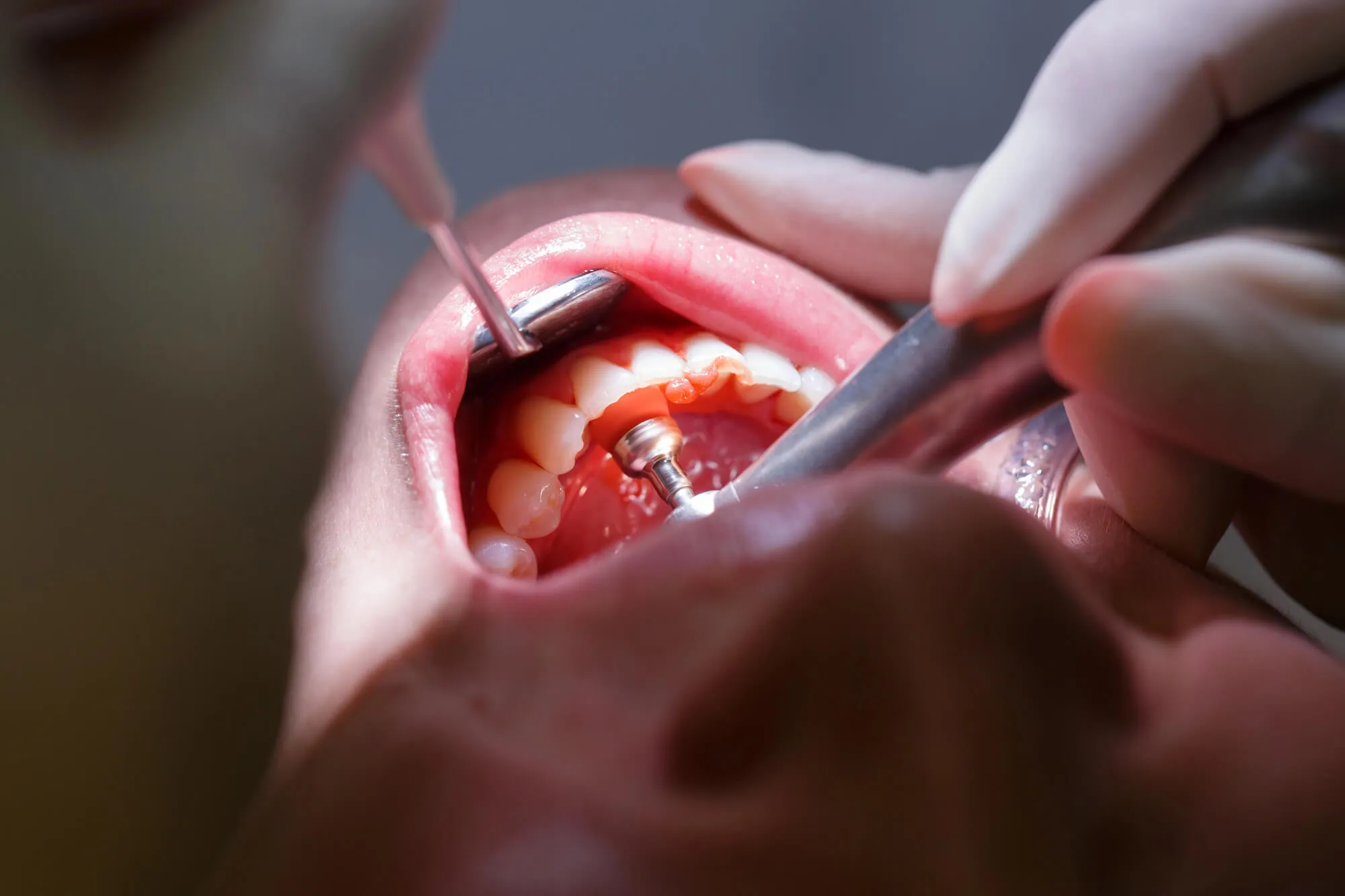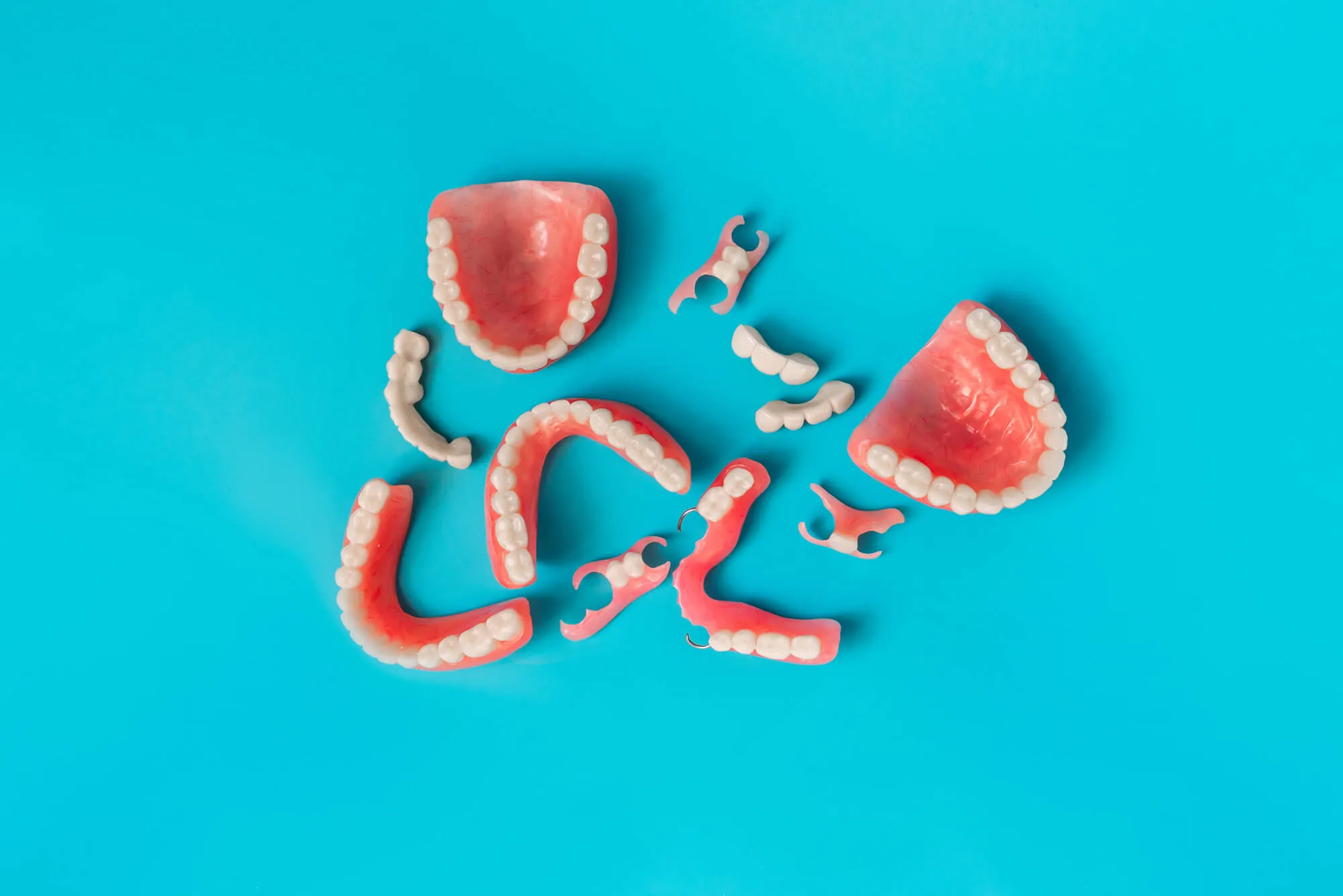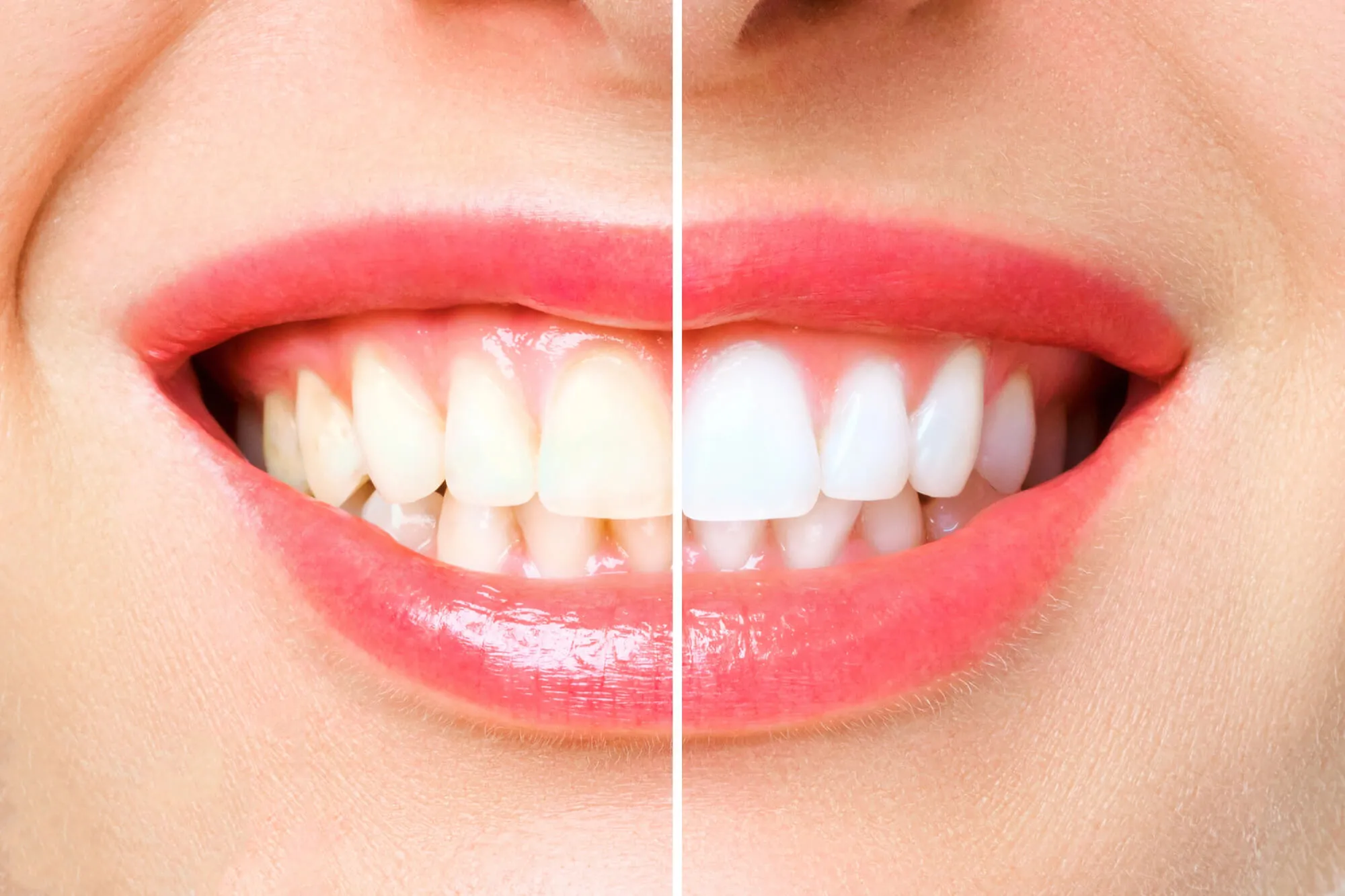Denture Discomfort: Understanding and Alleviating Painful Fits

Adjusting to life with new dentures in Fort Lauderdale can be an overwhelming experience, especially if you are experiencing discomfort or pain. Although dentures restore the function and aesthetics of natural teeth, they can sometimes cause soreness or irritation, particularly during the initial fitting period.
Understanding the root causes of this discomfort is the first step to finding relief. It’s important to remember that dentures, just like shoes, require a 'breaking-in' period and must be precisely fitted to your mouth's unique contours. With a few expert tips and some patience, those painful fits will soon be a thing of the past.

Finding the Perfect Fit
Personalizing Your Dentures
Achieving the perfect fit for your dentures is akin to tailoring a bespoke suit; it requires precision and customization. Dentures should contour to the unique topography of your mouth, which not only ensures comfort but also enhances functionality.
An optimal fit prevents the common issues of slippage and sore spots. Initially, a dental professional will take accurate impressions of your mouth.
It's important to note that your mouth's shape may change over time, particularly after extractions, so the dentures that fit perfectly at first might require adjustments later.
The perfect fit is a blend of art and science, requiring ongoing attention and a symbiotic relationship with your dental provider.
Adjusting Over Time
As with any new device, your body needs time to adapt to dentures. The adjustment period can vary from a few weeks to a few months. During this time, it's common to experience increased saliva production, minor irritation, and a period of relearning how to chew and speak.
Gradual wear allows your mouth to adjust, and the muscles in your cheeks and tongue to learn to hold your dentures in place. Your gums can also change shape over time, making periodic adjustments necessary for maintaining that ideal fit.
Professional Fitting: The Dentist's Role
A dentist's role in fitting dentures is fundamental. They provide expertise in ensuring that your dentures not only fit snugly but also function effectively and look aesthetically pleasing.
They measure for optimal occlusion, ensuring that your bite is even to avoid discomfort and digestion issues. Regular check-ups post-fitting are essential, as dentists can identify areas that may need adjustment before they cause irritation or pain.
A dentist's expertise is crucial for adapting the dentures to the changing landscape of your mouth, particularly as you age.
Home Remedies for Immediate Relief
Gentle Adjustments
Sometimes, making small, gentle adjustments at home can alleviate discomfort. If you notice a specific area causing irritation, you might gently smooth out a spot on your dentures using a special kit designed for this purpose.
However, caution is key; too much alteration can ruin the dentures' fit. For major adjustments or if you're unsure, always consult with your dentist to avoid accidental damage.
Soothing Gels and Baths
Denture adhesives with soothing properties can provide a cushioning layer, reducing irritation. Furthermore, soaking dentures in a medicated bath can help sanitize them and ease discomfort.
Such baths often contain ingredients that reduce plaque buildup and eliminate bacteria that could cause irritation. Some gels are designed to be applied directly to the gums before inserting dentures, offering a barrier that prevents rubbing and soreness.
Eating and Speaking Techniques
Mastering the art of eating and speaking with dentures comes with practice. Start with soft foods cut into small pieces and chew slowly using both sides of your mouth. This distributes pressure evenly and helps keep the dentures stable.
When speaking, practice reading out loud and enunciate clearly to improve your diction. If your dentures click while talking, speak slower and contact your dentist for an adjustment.

When to Seek Professional Help
Reevaluation of Fit
An essential aspect of denture maintenance is the regular reevaluation of their fit. Your mouth is subject to changes over time due to factors such as weight fluctuations, gum reshaping, or even the natural process of aging, all of which can alter the way your dentures fit.
Dentists are skilled in determining whether your dentures need to be relined, which involves adding a new layer to the denture's interior for a snugger fit, or rebased, which is a more extensive process that replaces the entire denture base.
Occasionally, if there’s considerable wear or significant alterations in your oral cavity, crafting a new set of dentures may be the best course to ensure ongoing comfort and maintain your oral health.
The Importance of Follow-Up Appointments
The lifespan and comfort of your dentures hinge greatly on routine follow-up appointments. These check-ins are not just about assessing the condition of your dentures but also about monitoring the health of your oral tissues.
Changes in the mouth can occur without obvious symptoms, so these appointments provide a platform for your dentist to make any necessary adjustments to the fit of your dentures.
Moreover, they serve as a preventive measure, as dentists can detect and address signs of infections or diseases early on, ensuring the wellbeing of not just your dentures but also your overall oral health.
Advanced Solutions for Persistent Discomfort
Persistent discomfort with dentures is not something you have to endure indefinitely. For those who continue to experience unease, there are advanced solutions available. A reline might be recommended to modify the inner surface of your dentures for a better fit.
However, if your mouth has undergone significant changes, new dentures might be the more viable solution to match the new contours of your oral landscape accurately. For situations where discomfort prevails or if there's a poor fit, implant-supported dentures can be a transformative alternative.
These involve securing the denture directly to implants placed in the jawbone, offering a stable and often more comfortable experience. This option not only alleviates the discomfort but can also enhance the function and appearance of the dentures.

Do You Have More Questions About Dentures in Fort Lauderdale?
Denture discomfort, although common, should not be a permanent issue. It’s essential to communicate with your dental professional about any pain you're experiencing, as this is often a sign that your dentures need adjusting.
At 1500 Dental, we’re committed to ensuring your transition to dentures is smooth and comfortable. If you’re experiencing discomfort, or if it’s time for a regular check-up of your dentures, don't hesitate to contact us. We’re here to help you smile with ease and confidence. Book your appointment today, and let's take the next step towards a comfortable and happy smile.





